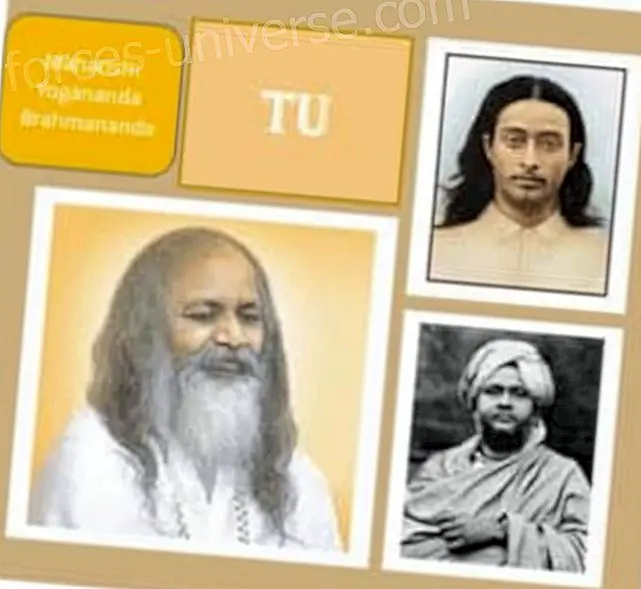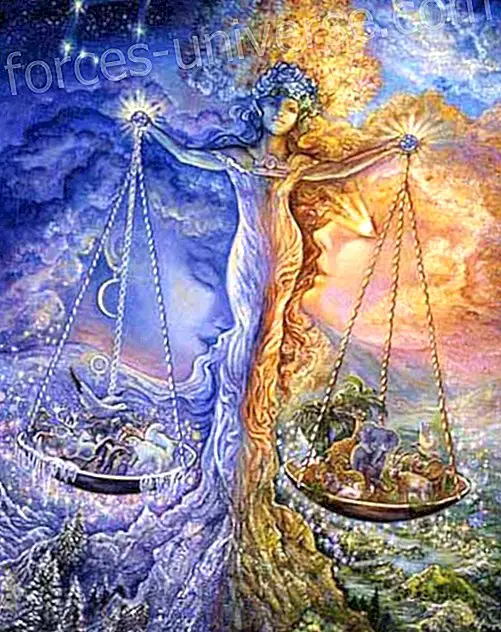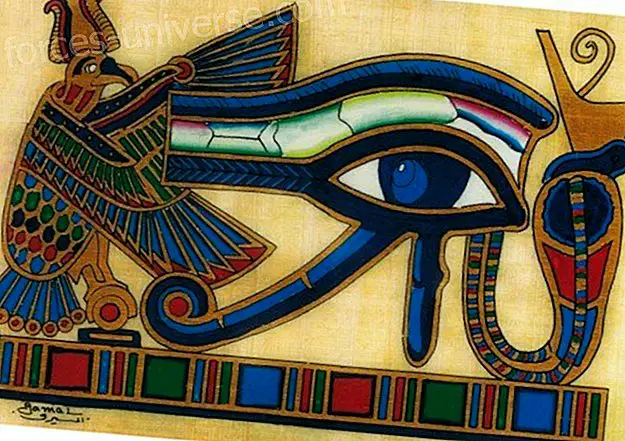WHERE JOY IS BORN
In the era of delivery, of the instantaneous, of the "call now, " of immediacy, of impatience, it is impossible to prefabricate joy, produce it to measure, achieve it at will. The German Benedictine monk Anselm Grün, a versatile and tireless explorer of the human soul, says it in a simple way (in his book True Happiness): It is not possible to decree joy. She is the expression of a full life. I can't crave joy for itself, but I can try to live my life with all my senses. Then I will make contact with the joy that has long been in me. The same happens with joy as with freedom, with happiness or with meaning. They are sought outside, they are intended already made. We want to be given to us; We forget to track them where they live: in our interiority, in our conscience. We look for the glasses we are wearing and we get angry or discouraged because we can't find them or because someone doesn't come and reaches them.
The Dutch philosopher and theologian Baruch Spinoza (1632-1677) said, whose Ethics is one of the greatest works of universal thought, that joy accompanies a to the human being in the passage from a minor to a greater perfection n . Spinoza understood that reality was, in itself, perfection and, therefore, spoke of the passage from one level to another of reality, of a deepening of consciousness, of a conversion Gradually of our existential potentialities in existential acts. Both he and Grà © n seem to agree on something: the awakening of joy, a faculty that is within us, is always the consequence of a way of life. No one is cheerful. We will not be because we have the smile to the lips, because when we get up we swear that today we will put a good face on the bad weather or because, simply, we define ourselves as cheerful people. Just as the trees do not begin their existence by the frond but by the root, the joy is not born of the will or a declaration, but it comes from our way of being in the world. It is not about living to be happy, but about feeling happy for the life we are choosing.
When we propose joy as an end and go out to look for it in various stores and showcases, we will almost always find two of its poorest shakes. The pleasure and fun. The pleasure is exhausted once achieved and asks to be renewed immediately. The fun is a soap bubble: its burst lasts a second and then there are no more. Both have something in common: they do not require effort, or patience, or a process. They are instant. You can pay to get them. And, become the focal mobile of our actions, they are a neurotic objective. Joy, on the other hand, comes from the experience, the experience, even the suffering. It doesn't appeal to us like a hook: it is a perfume that emanates from our living.

Today it is believed that everything should be "fun." That word has been installed in everyday speech as a kind of exorcism. We say “How fun!” As if with that we chase away the possibility of suffering, disappointment, frustration, pain or boredom, which, after all, are stations where the journey of consciousness inevitably passes that matures “How fun!”, We repeat mechanically in pathetic situations. Neither life nor the world is an amusement park; That promise does not appear in our existential contract. It is not about avoiding pleasure or recreation. But used obsessively to not think, not feel, not ask questions, to fill gaps, cause distress. At the end of the night, the activity or consumption "fun" is the feeling that the flavors we seek are not here. Epicurus (341 BC-270 BC), the father of hedonism, said, in one of the fragmentary texts that remained of him, that joy is the fruit of the soul in motion. Again, it alluded to something that is born in the inner life, not in the external bustle. Joy springs silent, enduring and fertile when born of acts that give meaning to our lives.
Sergio Sinay
Source: abrazarlavida.blogspot.com.es
Where joy is born by Laura Foletto






